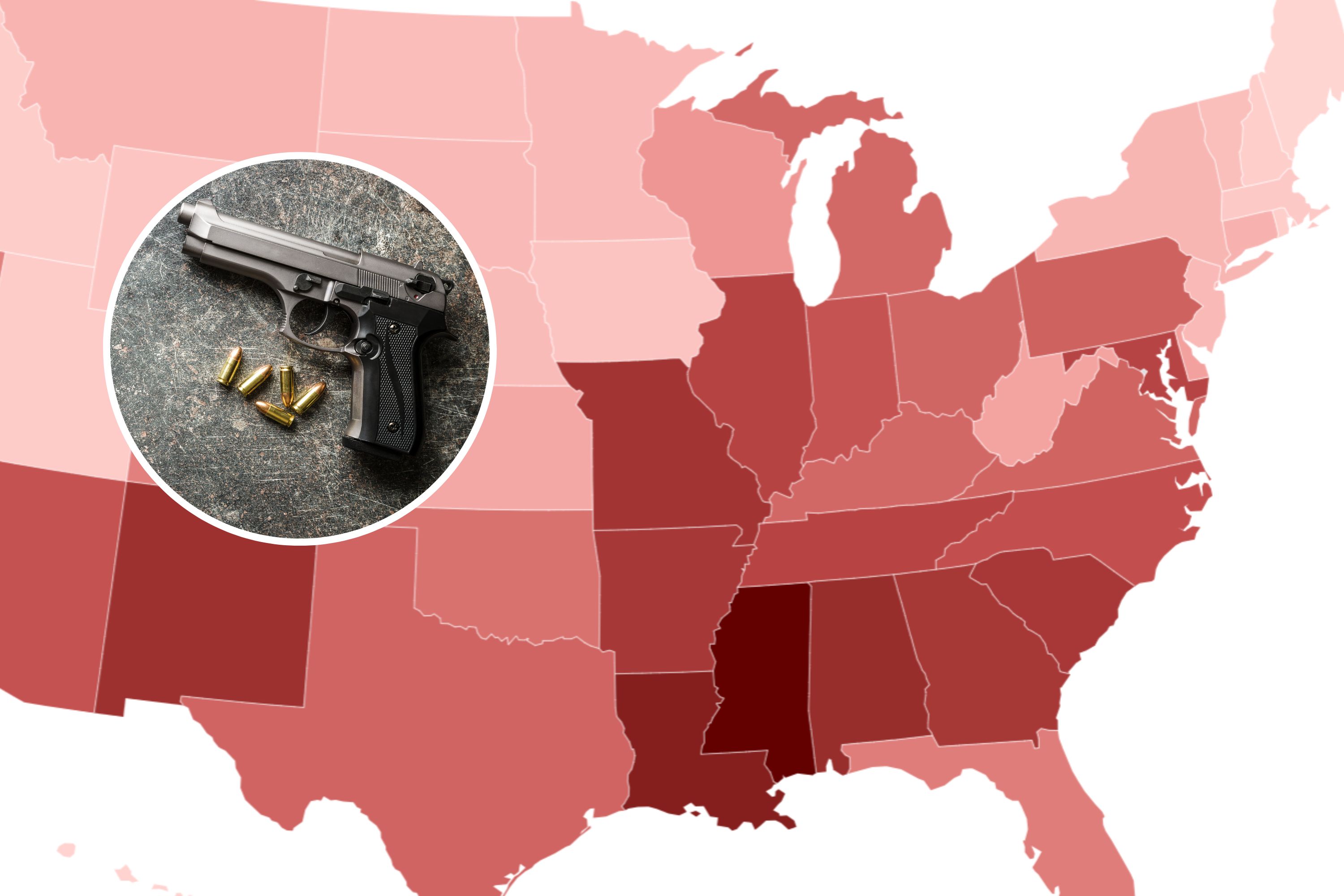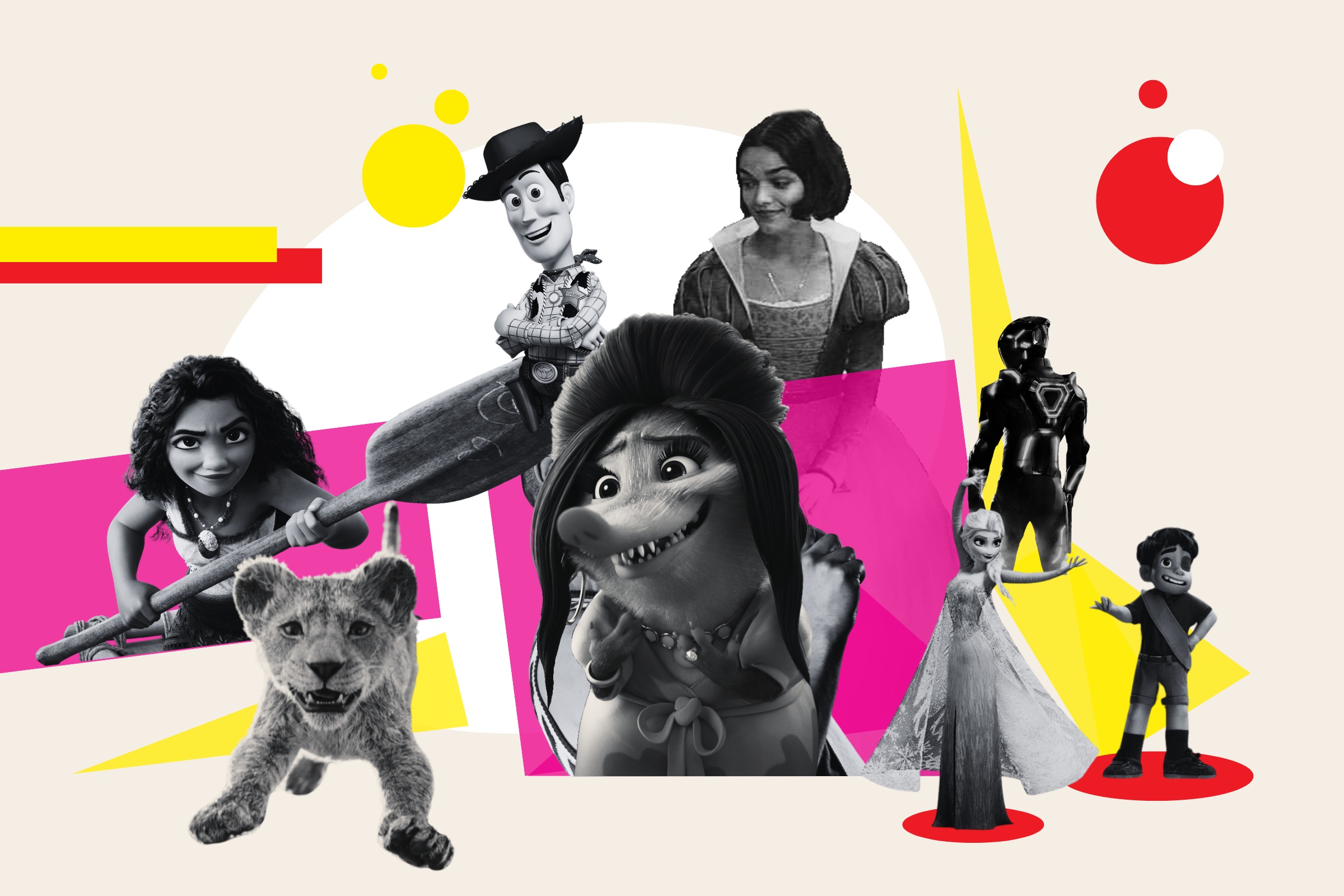Upon reading William C. Hannah's quote: "Sometimes, all you can do is lie in bed, and hope to fall asleep before you fall apart," I am immediately taken back to the several weeks of sheer distress I experienced after giving birth to my first child.
The black abyss of sleep couldn't come fast enough. It didn't matter the time of day or night, I needed to be completely devoid of the emotions plaguing me from the moment my labor ended and my unforeseen nightmare began. I wasn't even a shell of my former self—I was simply disappearing, a crumbling exoskeleton creeping towards an overwhelming non-existence that I feared and yearned for in equal measure.
At the time, I didn't realize what was happening. The only certainty I had was that my previous life was over and my old self had been replaced by a confused, terrified and shame-ridden specter.
No one had prepared me for this. Society tells you that having a baby can only be accompanied by feelings of joy and elation. And while I was extremely grateful to finally have the miracle baby I had so desperately prayed for, the anxiety and sleep deprivation crept in with alarming speed and intensity.
I couldn't verbalize the emotions I was experiencing, but there was one word that kept infiltrating my mind—hopeless. I was incapable of imagining that things would get easier with time or that I would eventually adjust to a new normal.
I convinced myself that my baby deserved better than a hollow, inept mother—consequently, I receded into myself and took comfort in the warmth and security of my bed. The pillow became my best friend, the blanket my protector.
I have learned over the years that some of the most commonplace milestones of life can be the most painful—the breakdown of a friendship, the death of a parent, the difficulties of breastfeeding.

It's one of life's many ironies that these various rites of passage—all natural and inevitable events—can be wrought with despair and anguish. For some, the same goes for surviving the postpartum period.
This was a lesson I learned quickly and with no buffer to cushion my fall. In the years since, I've often asked myself why this era is so hard. The mental and physical toll is high, but fueling the fire is the massive nonchalance with which everyone around you treats the matter. "You had a baby! Congratulations on your bundle of joy! You must be so happy!"
There is no space allowed for any emotion or thought to the contrary. The unspoken message relayed to women is that since we are biologically built for this process, it can't possibly be that challenging.
The long-term effects of postpartum depression on mothers can be detrimental indeed. Undiagnosed or untreated, the condition can lead to postpartum psychosis, a crippling mental health disorder that has resulted in mothers killing their children, themselves, or both.
We have all seen these cases in the media. And yet, the vast majority of individuals shake their heads in dismay and disappointment at the mother's perceived failures.
The sad truth is that society has yet to take responsibility for how it has failed these women. The signs and symptoms—anxiety, sadness, exhaustion, guilt, frustration, anger, irritability, isolation, mood swings, panic attacks—are routinely missed, if not normalized as part and parcel of the postpartum package.
The village that everyone agrees is needed to raise a child has diminished significantly in recent years or is simply nowhere to be found. Even mothers with the most attentive of parenting partners feel the responsibility lies predominantly on their shoulders.
Most people are unaware of the long-lasting impacts a mother's mental health issues can have on her family. Unfortunately, children whose mothers struggle with postpartum depression are often overlooked unless they come to actual physical harm.
According to the Office on Women's Health, these kids are prone to increased crying, agitation, behavioral problems, mother-child bonding issues, adjustment difficulties, and delays in learning and language development. They are also at risk of growing up with an attachment injury called the "mother wound", resulting in them fearing abandonment and feeling unlovable and unworthy.
Adults who suffer from the mother wound are unable to form genuine relationships with others and have a distorted view of themselves as well as the world.
This lack of trust and self-esteem can contribute to increased anxiety, depression, suicidality and urges to self-harm. The negative impact of PPD extends far beyond the individual dealing with it.
Unbeknownst to many, these effects can trigger a cycle of intergenerational trauma and mental health issues that are challenging to diagnose, manage, and treat.
My hopelessness prevented me from getting out of bed for hours. When I was finally able to peel off the comforter and force myself from the security of my self-imposed confinement, I ventured downstairs to find my husband happily humming while unloading the dishwasher, bopping up and down with our infant daughter snuggled against his chest in a baby carrier.
The feelings of disbelief, jealousy, and inadequacy catapulted themselves at me with no mercy. Why was this major life transition so easy for him? How was he able to handle our world turning upside down with such grace and dexterity? And—perhaps the loudest thought blaring in my—what was wrong with me?
Upon conveying that my mental health was in a tailspin, my physician prescribed medication that helped improve my mood and overall perspective. My hopelessness slowly but surely transformed into hope—hope that things would get easier, hope that I would bond with my baby, hope that I would somehow pull off the daunting task of motherhood, all of which eventually came to pass.
While the medication helped, I wish I had known before delivering my daughter how life-changing and debilitating the postpartum period could be. It would have been immensely helpful to have had more than just preliminary PPD screenings with my medical providers and congratulatory conversations with friends.
It's glaringly apparent that the stigma associated with having PPD inhibits women from sharing their experiences, despite the fact that doing so would help normalize the condition and potentially aid in preventing serious and harmful cases of the disorder.
The one silver lining in my struggle with PPD is that I can genuinely empathize with my clients who are struggling with depression.
Additionally, when I come across a pregnant friend or new mother, my first inquiries are always regarding their mental well-being. The best chance an infant has to develop and thrive in this world is a healthy and hopeful mother.
To this end, I encourage all of us to be the unconditional and loving support that all women deserve to have in their time of need. It is my unequivocal belief that—in her time of mental, emotional, physical and spiritual rebirth—the world needs to step up and start mothering the mother.
Neha Kumar is a Licensed Marriage and Family Therapist, and Director of Clinical Relations at Alter Behavioral Health.
All views expressed are the author's own.
Do you have a unique experience or personal story to share? See our Reader Submissions Guide and then email the My Turn team at myturn@newsweek.com.
Uncommon Knowledge
Newsweek is committed to challenging conventional wisdom and finding connections in the search for common ground.
Newsweek is committed to challenging conventional wisdom and finding connections in the search for common ground.
About the writer
Neha Kumar is a Licensed Marriage and Family Therapist, and Clinical Director at Alter Behavioral Health.





